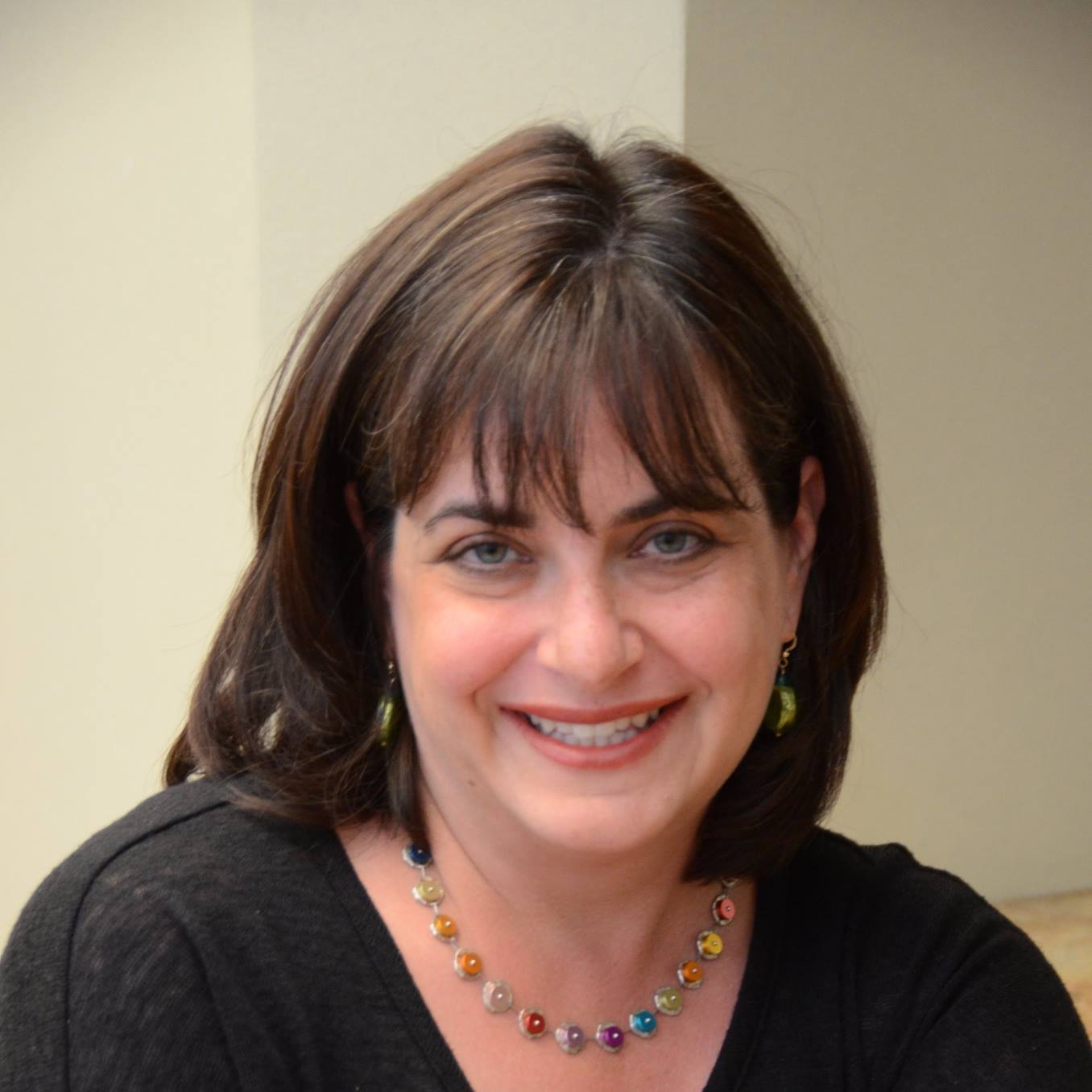Tribute to Roman Kent "Hate is Never Right and Love is Never Wrong"
A distinguished voice of history has been lost today in the passing of Auschwitz survivor Roman Kent, who captured the agony of the Holocaust and the power of love in his telling of a simple story about his childhood dog, Lala. Kent was 92.
Born April 18, 1929, in Łodz, Poland, Kent enjoyed an idyllic childhood in a prosperous family before their lives were shattered by the Nazi regime.
Heroines of the Holocaust: Frameworks of Resistance - Mini-Conference
Judy Batalion: The Jewish "Ghetto Girls" Who Fought the Nazis
Join author Judy Batalion, in conversation with Nancy Spielberg, to learn more about Batalion's new book The Light of Days: The Untold Story of Women Resistance Fighters in Hitler’s Ghettos.
New Testimonies Spanning More than a Century Added to Visual History Archive
Hela Goldstein’s testimony given to the British Film and Photographic Unit on April 24, 1945 is believed to be the first-ever audio-visual testimony given by a Holocaust survivor. As a 22-year old victim, she spoke from Bergen-Belsen, the Nazi concentration camp where she was imprisoned upon liberation. Standing at the foot of a mass grave with her killers before her, Hela recounted what she experienced. By telling her story in the face of death, she became a foremother of testimony.
The Memory Generation
Hela Goldstein’s testimony given to the British Film and Photographic Unit on April 24, 1945 is believed to be the first-ever audio-visual testimony given by a Holocaust survivor. As a 22-year old victim, she spoke from Bergen-Belsen, the Nazi concentration camp where she was imprisoned upon liberation. Standing at the foot of a mass grave with her killers before her, Hela recounted what she experienced. By telling her story in the face of death, she became a foremother of testimony.
Breaking Bread
3:00 PM PDT/6:00PM EDT/8:00 AM AEST (+1)
Over the past year, budding bakers sought refuge and comfort in their kitchens, learning to bake bread. Loaves of sourdough and challah forged connections between families and cultures when we could not physically be together. These connections build on deep traditions in cultures around the world, often discussed in USC Shoah Foundation’s Visual History Archive of 55,000 testimonies of genocide survivors and witnesses.
